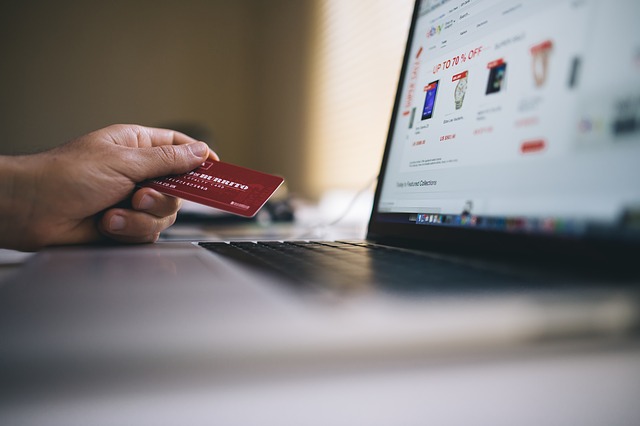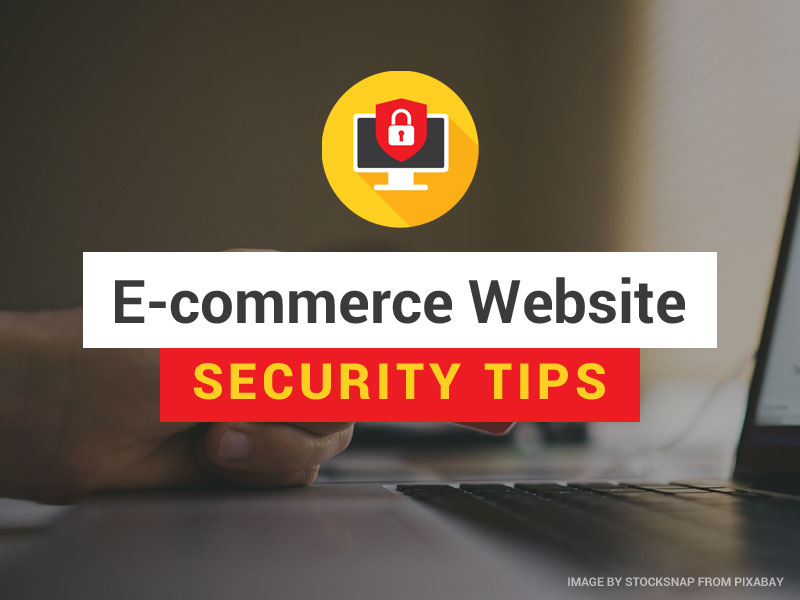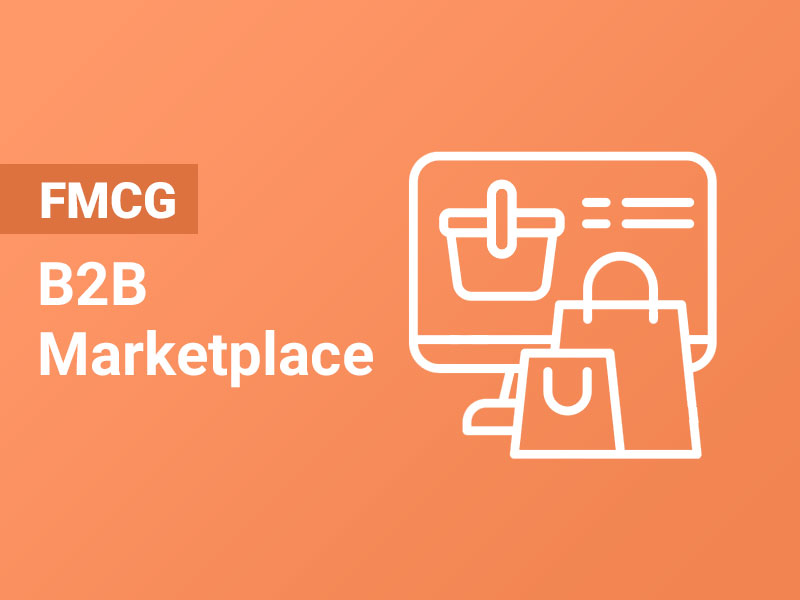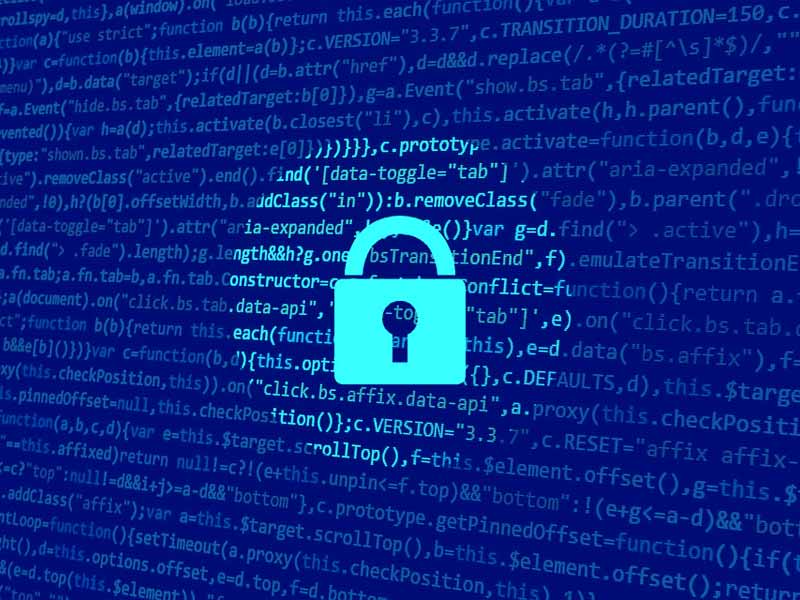Running an e-commerce website is no small job. You not only get to deal with a lot of operational work but also with a lot of more security-related issues. Therefore, it’s imperative for you to put robust security standards in place to protect your website. Now, if you’re wondering what those standards are, don’t worry. We’ve got you covered, as here we’re going to provide you nine security tips that you can follow to protect your website.
Let’s get started…
9 E-commerce Website Security Tips to Follow
Secure Your Web Server
A secure web server is the first requirement for preventing cyber-attacks. You can’t expect your website to remain free from security breaches if your web host doesn’t offer enough security related features. Shared web servers are certainly not your thing if you’re running an e-commerce website. You should instead opt for a secure cloud host that offers multiple security-related features to protect your site.
Do Not Leave Your Data Unencrypted
If you store the data of your customers in an unencrypted format, you stand the risk of leaving that data in the hands of a cybercriminal. You can’t predict from where a cyber-attack is going to come, and if it comes from any of your company’s employees, then your customer data may certainly be among the first things to be stolen. Such a scenario can be suicidal for your e-commerce brand, as misuse of user data by cybercriminals can shake up the trust of your customers. So, the best thing that you can to protect yourself from such situations is to keep your user data in an encrypted format.
The practice has shown that one of the best ways to keep a connection safe is to use a VPN. This way, you will enable a secure and encrypted connection between a user’s device and the eCommerce platform. Since VPNs offer an extra layer of security while shopping online, it is crucial to get the best VPN for your business so you can keep your customers safe and allow them to move around freely and shop safely.
Add HTTPS
Once you start storing your customer data in an encrypted format, you should also ensure that the data comes to your web server in an encrypted format. This is necessary because the data of your customers can also be stolen while in transit to your web server. Therefore, an SSL certificate / HTTPS is necessary to prevent that from happening. SSL certificate encrypts the data of your users even before it leaves their computers so that nobody can steal it through a Man-in-The-Middle (MiTM) attack. That’s why you should buy SSL certificate before anything else for your website as it does not protect your website only but also, offers an assurance to your customers and visitors.

Fix Any Exposure of Website
Security is an ongoing task instead of a one-off event. You can’t think of it as a “do it once and forget forever” thing. You should always remain on a lookout for vulnerabilities, as they keep arising from time to time. Whenever you encounter any possible vulnerabilities, you should fix them as soon as possible. You can decide on using any software for discovering possible vulnerabilities, or if you’re well-funded, you can think of hiring someone for the job. Either way, ensure that your website remains free from vulnerabilities.
Backup Your Data
Keeping your data backed up is also a part of security arrangements. Having a backup of all your data allows you to revert any unwanted changes resulting from a cyber-attack. Therefore, it’s important that you put proper data backup mechanisms in place before starting your e-commerce website. If your e-commerce site is based on any of the popular e-commerce platforms (i.e., WooCommerce, Drupal, etc.), then you can easily find an extension or plugin to automate the backup functionality. Otherwise, if you’re on a custom CMS, then you should get some backup functionality built by your developers.
Enable Real-Time Security Alerts
If a security breach has happened, not knowing about it in time can significantly increase the quantum of damage. You must have real-time security alerts enabled for various events suggesting a suspicious activity to find out about security breaches as soon as they happen. By coming to know about them early on, you can do whatever is needed to minimize the damage.
Ensure Compliance with PCI DSS
Complying with global security standards like PCI DSS is not only necessary for you to operate in certain countries – it’s also necessary for your good because it helps in preventing cyber-attacks. You should not take it as a legal requirement but as a duty to comply with these standards, because they’ve been crafted with everyone’s security in mind. A compliance report published by Verizon in 2017 showed that PCI compliance has increased by 167% since 2012, so it’s not something that you can afford to ignore. There’s a good chance that your competitors may already be complying with it, which will make them more trustworthy in the eyes of your customers. So, whatever the requirements of complying with PCI DSS or other important security standards, fulfill them today!
Request Strong Passwords
Sometimes the laxity is shown by users also results in their accounts being targeted after a security breach at any of the sites. Not using strong passwords is also one example of that laxity. It may be easy to remember a simple password, but whenever any security breach happens, the first batch of passwords that are cracked easily are simple passwords. So, make usage of a strong password mandatory on your website. It may deter some users from signing up for some time, but those who sign up will not become the victims of any possible security breach in your site.
Keep Your Site Updated
Finally, keep all your themes, plugins, and other site software up to date. Many times, websites get attacked because they don’t update their software in time, which let an attacker to find a vulnerability. So, whenever an update is available for your website’s theme, plugins or software install it ASAP. And if you’re on a custom CMS, keep checking for vulnerabilities (as told above in point #4) and ask your developers to update your site for fixing all loopholes at the earliest.
Conclusion
These nine tips can go a long way in protecting your website from cyber-attacks. There’s no point in wasting your precious time and resources to figure out who attacked your website and how. Instead, it’s much better to prevent such incidents from happening. So, implement these tips today and safeguard your e-commerce site from security breaches.







